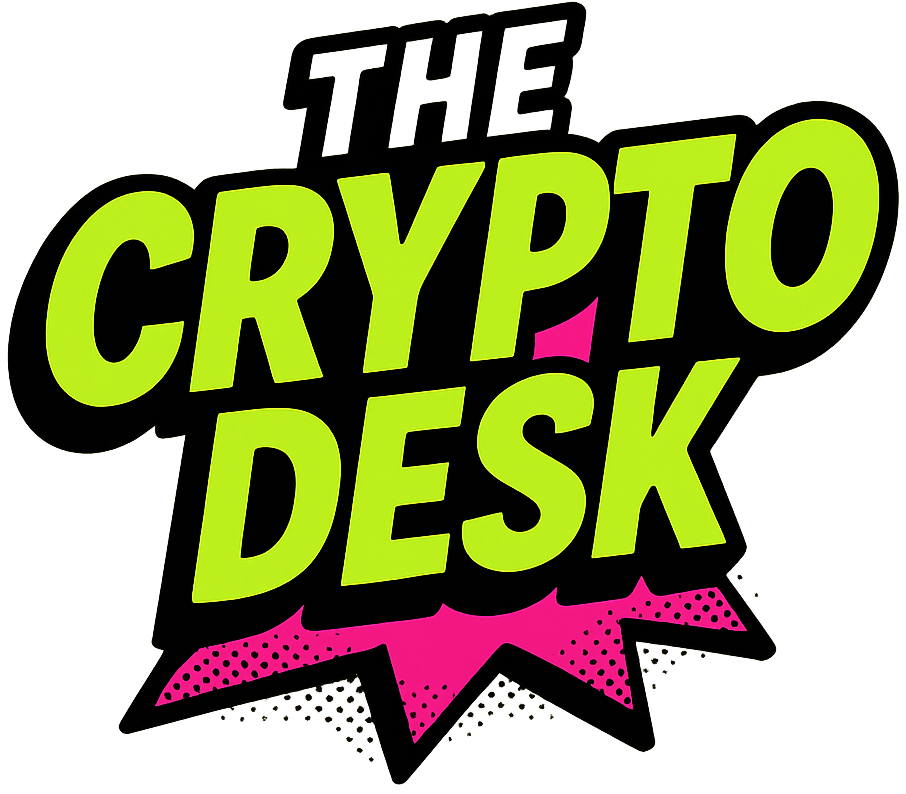Pompliano Sounds Alarm on Trump’s Threat to the Federal Reserve
In a bold statement that has ignited discussions across financial circles, cryptocurrency investor and entrepreneur Anthony Pompliano has voiced his concerns about former President Donald Trump’s recent remarks regarding Federal Reserve Chair Jerome Powell. Appearing in a video on his social media, Pompliano emphasized a critical point: firing the Fed chair could compromise the institution’s independence and create a chilling precedent for future political interference in monetary policy.
Trump’s Provocative Remarks
Trump’s criticism of Powell came on April 17 during a post on his platform, Truth Social, where he expressed exasperation over what he perceives as the Fed’s sluggish response to economic conditions. “Powell’s termination cannot come fast enough!” he declared, thereby reigniting fears of political maneuvering within the central bank. Such sentiments have sparked concern among economists and investors alike about the future of an institution that requires autonomy to effectively manage the economy.
Pompliano’s Cautionary Stance
In response to Trump’s remarks, Pompliano articulated a staunch defense of the Fed’s operational independence. “I do not believe that the President of the United States should come in and unilaterally fire the Fed President,” he stated. His warning seems particularly poignant against a backdrop where many already perceive the Federal Reserve as influenced by political agendas.
Moreover, Pompliano acknowledged that while there are valid criticisms of the Fed, retaliatory actions—such as removing its leadership—could have disastrous implications. “Even if someone is doing something wrong, it doesn’t justify doing something wrong in return,” he argued. His emphasis on institutional integrity highlights a concern that transcends party lines and economic ideologies.
Wider Economic Ramifications
This debate is not confined to a single figure; political leaders and experts are weighing in. Senator Elizabeth Warren has echoed Pompliano’s sentiments, warning that any attempt to remove Powell could lead to significant market instability. In an interview with CNBC, she remarked, “If Chairman Powell can be fired by the President of the United States, it will crash the markets.”
Warren further articulated that maintaining the perception of independence among major institutions like the Fed is critical for economic stability. “If interest rates in the United States are subject to a president who just wants to wave his magic wand, we begin to resemble a two-bit dictatorship,” she stated. Such commentary underscores a collective apprehension regarding the potential fallout from politicizing monetary policy.
Understanding the Fed’s Independence
The underlying issue at play is the Federal Reserve’s crucial role in stabilizing the economy. The last time the Fed adjusted interest rates was in December 2024, with Powell indicating that he requires convincing evidence of cooling inflation before making future cuts. In stark contrast, the European Central Bank has already implemented multiple rate cuts this year, a discrepancy that has fueled Trump’s frustrations.
Lower interest rates generally support riskier assets like Bitcoin, as they foster a more favorable environment for investment. However, Pompliano insists that market advantages should not come at the expense of the institutional credibility of the Federal Reserve.
The Broader Picture: Consequences for Cryptocurrency and Investors
This situation poses questions about the future of financial markets and, importantly, the cryptocurrency landscape. As political tensions mount around monetary policy, the potential for a diminished U.S. dollar looms on the horizon. Some analysts, like Real Vision founder Raoul Pal, believe that a weaker dollar might lead investors to seek shelter in assets such as Bitcoin, viewing them as safer harbors for wealth preservation.
Conclusion: A Call for Dialogue
The ongoing discourse around the independence of the Federal Reserve raises fundamental questions about the balance of power in economic governance. As Pompliano and Warren highlight, the stakes are not only immediate but far-reaching, potentially reshaping investor confidence and market stability in the years to come. What are your thoughts on the Fed’s independence? Should there be limits on political influence in monetary policy? Join the conversation and share your insights!


